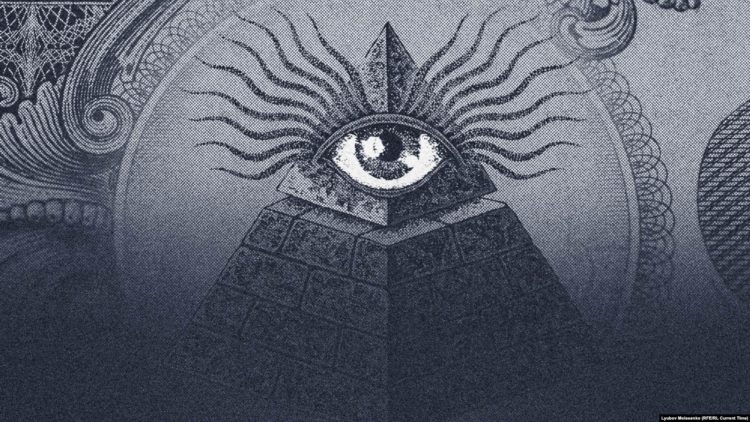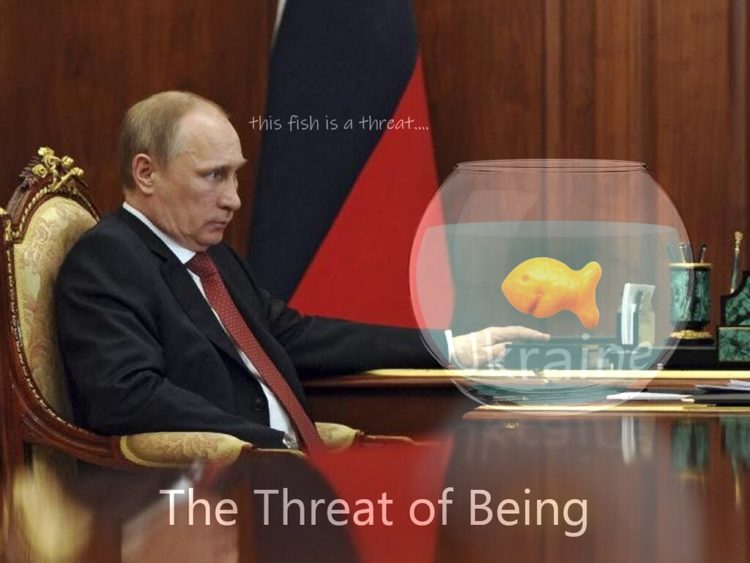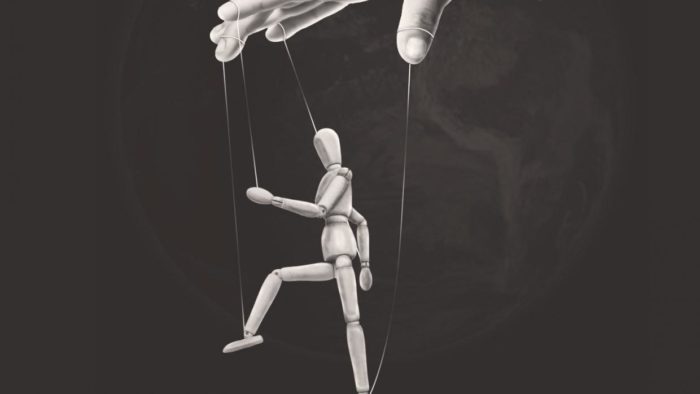During the Cold War, the Soviets frequently used conspiracy theories to justify their confrontation with the West.
The Russian anthropologist Aleksandra Arkhipova asserts that the Putin regime is now doing the same thing with such intensity that it is entirely appropriate to say that “conspiracy thinking is already its new ideology.”

According to the anthropologist who runs the (Un)entertaining anthropology Telegram channel, Russian leaders with roots in the Soviet past find conspiracy theories helpful when no one believes the official ideology, as was true then, or when there is no apparent ideology, as is the case now.
Arkhipova claims that contemporary Russian propaganda about American bio-laboratories in the former Soviet republics tends to forget that Moscow launched 13 mass disinformation campaigns about such labs during the Soviet era. Such talk disappeared in the 1990s, with only 31 articles making similar assertions in 1995. This year, there have been 92,000 so far.
The secret labs conspiracy: Russian propaganda’s converging narrative
“Undoubtedly,” she continues, “this is a propagandistic mechanism that enables the discovery of something that can unite people. The most important aspect is that conspiracy theories are needed because they allow people to explain whom they are actually fighting against.”
Arkhipova notes, “Putin constantly says that we are not fighting with Ukraine. Ukrainians are a fraternal people. In fact, we are fighting with the West, with the Anglo-Saxons” who seek to destroy us in a variety of ways.
The Kremlin leader most likely believes this, but at the very least, he recognizes the value of promoting conspiracy theories to himself.
She claims that promoting irrational ideas is effective with the general public because it provides simple and understandable answers. That is generally acknowledged. What is untrue is that individuals at the top of a political system are not that different. They desire the same assurances, even if they must create them themselves.
The Russian war in Ukraine, according to Arkhipova, is “also the fruit of this anti-scientific worldview.”
Any reasonable assessment of the situation would have dissuaded Putin from proceeding. However, he was guided not by logic but by his conspiracy theories about how the world operates. And he has imposed them on others who are also willing to accept them.

In fact, she says, “this [Russian war in Ukraine] is practically the first war in modern times that began for purely conspiratorial reasons.”
The anthropologist also adds an important point: neither the population nor its leaders need to believe that what they are told is true. They only need to hear it frequently enough to treat it as a guide to action, even if they are never prepared to admit to themselves that it is objectively true. That is sufficient in the eyes of the state.
Read more:
- How Russia ran a fake darknet “Javelin shop” for its “Ukrainian weapons black market” myth
- Chinese state media spread Russian propaganda about Ukraine war
- Pro-Russian disinformation operations in Kherson: a new-old challenge for Ukraine’s national security
- A guide to Russian propaganda. Part 1: Propaganda prepares Russia for war
- A guide to Russian propaganda. Part 2: Whataboutism
- A guide to Russian propaganda. Part 3: Rapid fire conspiracy theories
- A guide to Russian propaganda. Part 5: Reflexive Control
- A guide to Russian propaganda. Part 6: Spetspropaganda, the secret Soviet art of brainwashing




